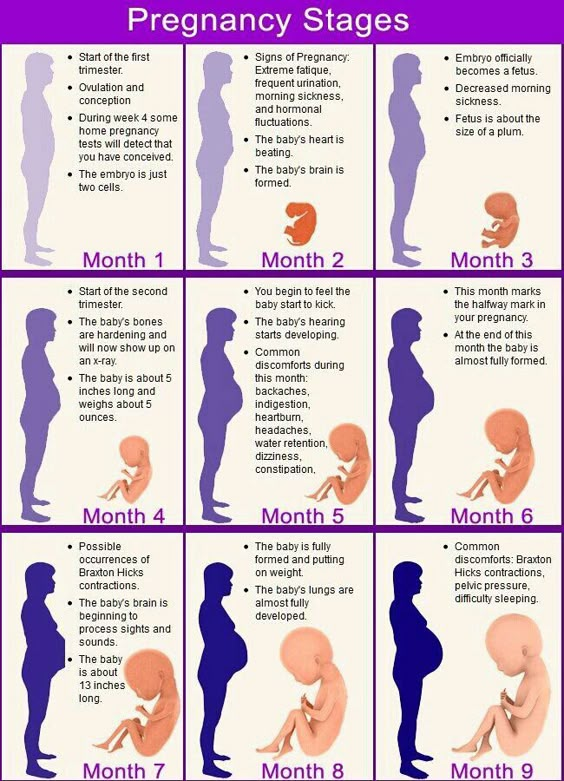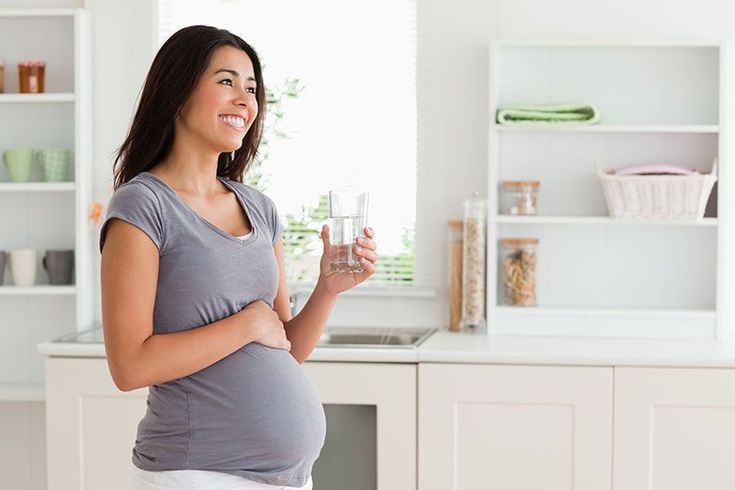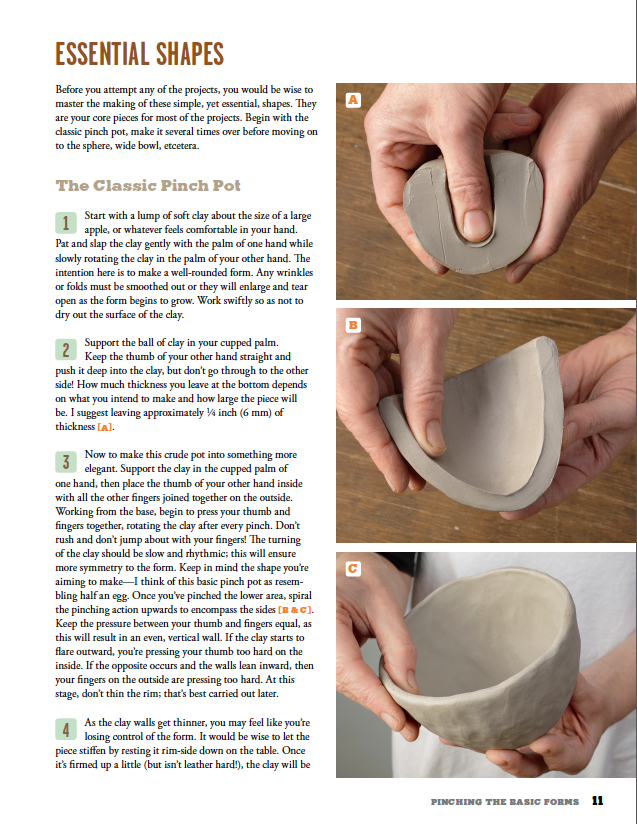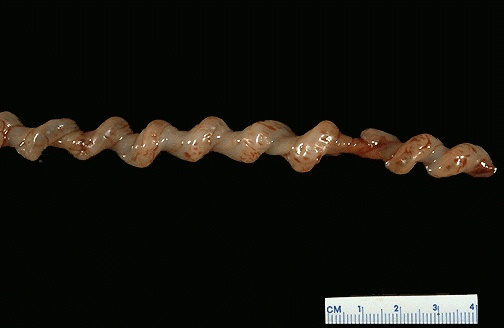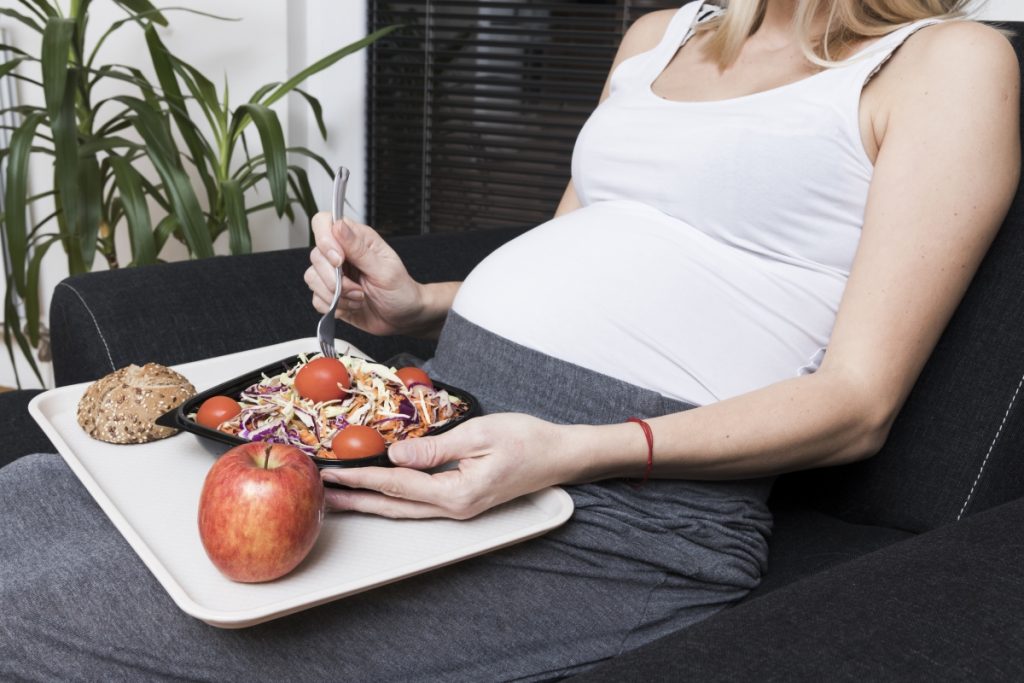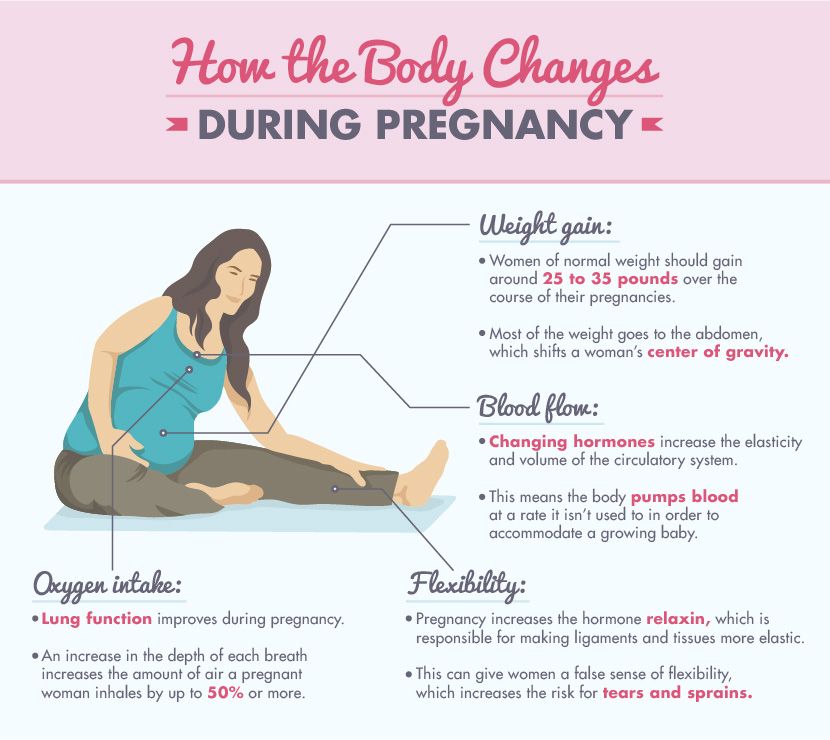What not to do during first trimester of pregnancy
First trimester of pregnancy do's and don'ts
You’re pregnant! Take some time to jump for joy and feel grateful for this blessing before diving into the world of parental responsibilities.
Your work as a new parent starts now. While you can’t protect against every complication, you can follow these helpful tips to have a healthy, happy first trimester.
Free downloads: Pregnancy guidebooks by trimester
The DO’SDo think of food as fuel.Contrary to the old saying, you’re not actually eating for two. You will need more calories and nutrition later in your pregnancy, but there’s no need to double your intake now.
Instead of quantity, focus on the quality of your food. Fuel your body with healthy food. If possible, choose organic food and eat from local food sources if you can. This limits your exposure to pesticides.
Do focus on folate.You should be taking 600 micrograms of folic acid a day in the first trimester of pregnancy. If you were not already taking folic acid supplements in advance of getting pregnant, start immediately.
This helps prevent two common and serious birth defects: spina bifida and anencephaly. It’s even recommended by some organizations that all women ages 15 to 45 take 400 micrograms of folic acid daily – not just those who are pregnant.
Once your pregnancy is confirmed, your physician will probably recommend you take a prenatal vitamin. These vitamins are designed to meet the recommendations for folic acid intake.
Speaking of prenatal vitamins…
Do take your prenatal vitamins.These vitamins supply the folate you need, and they also help cover your needs for calcium, iron and zinc. They also provide the appropriate amounts of DHA (docosahexaenoic acid) and EPA (eicosapentaenoic acid). These two types of omega-3 fats help your baby’s brain develop.
Not a fan of the big pills? Talk to your OB provider about an alternative vitamin regimen.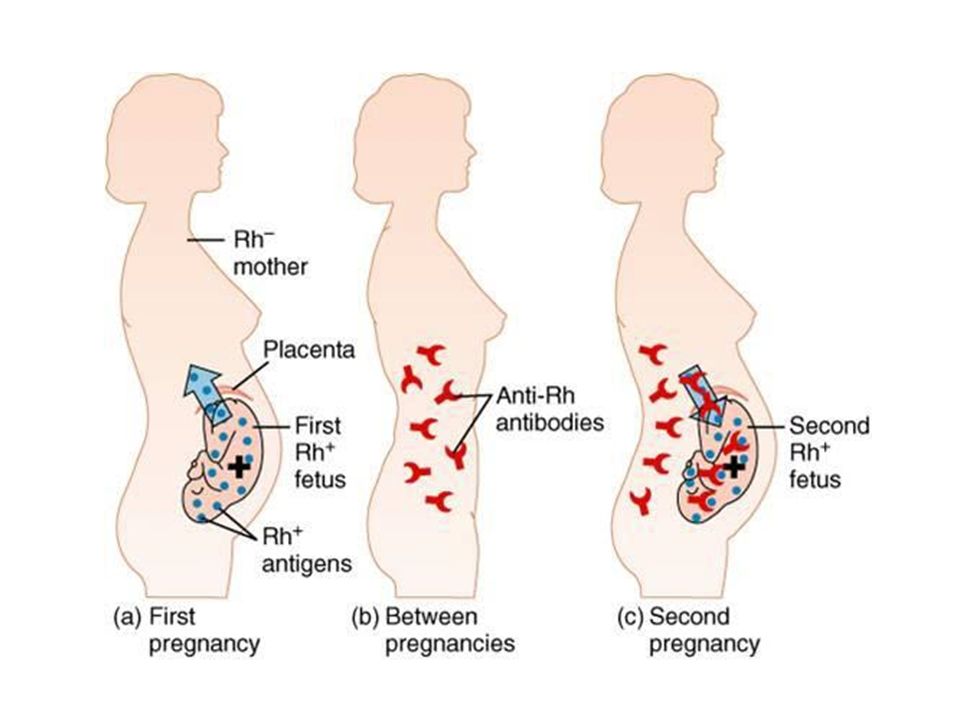
Read more: The ABCs of vitamins in pregnancy
Do eat the rainbow.While you’re meal planning or feeling snacky, try to eat colorful foods. Reach for dark green spinach, orange carrots, red apples, yellow bananas, blueberries, etc.
Brightly colored foods offer the most nutrients and antioxidants. And having a varied diet will expose your baby to a range of tastes and flavors. Your baby eats what you eat through the amniotic fluid, so if you eat a wide variety of foods, your baby will also.
Do sleep.Your body is going through tremendous changes and is developing an entirely new life-providing system for your baby. As it grows the placenta, you will likely find yourself beyond exhausted some days. Plus, you’re going through monumental hormonal and emotional changes.
Take naps when you can. If you work, try scheduling a little bit of rest time into your lunch hour.
You may need to sleep more than you’re used to at night.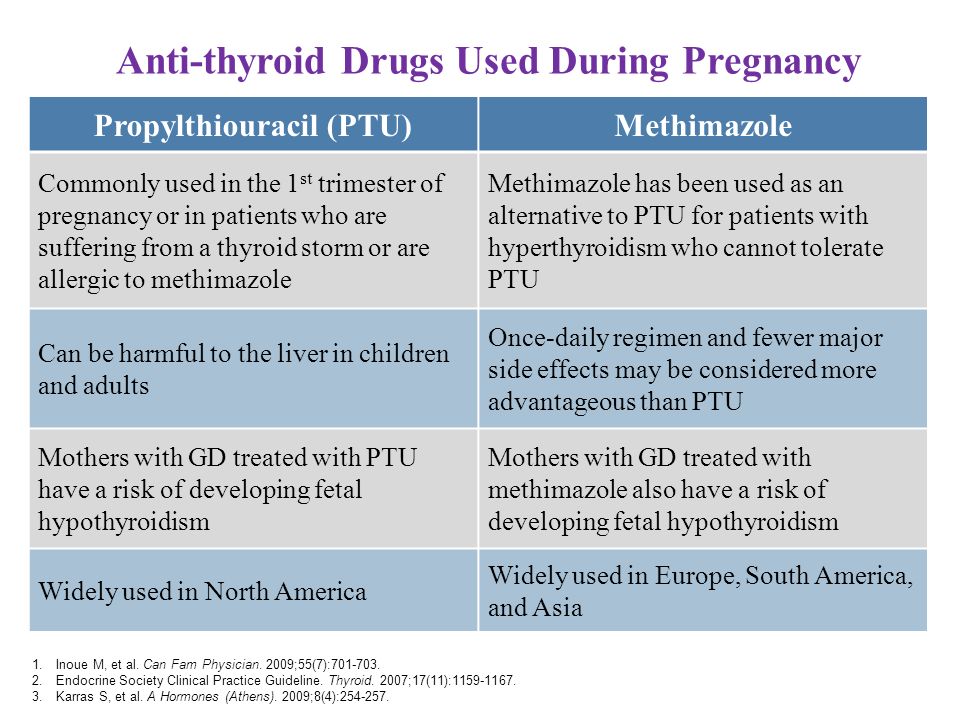 Set bedtimes and stick to them to gift your body a solid eight to nine hours of sleep each night.
Set bedtimes and stick to them to gift your body a solid eight to nine hours of sleep each night.
Regular exercise helps you combat the fatigue and mood and hormonal changes that happen in the first trimester. It also helps prevent weight gain and battle insomnia.
If you don’t have regular exercise already built into your routine, no sweat! There are several ways you can adopt a more active lifestyle, even during pregnancy. But before you begin any new exercise routine, contact your OB provider. Your provider can suggest options specific to your needs, considering your current state of health and what is best for your baby.
Do get a flu shot.Pregnant people can safely get a flu shot – and they’re highly encouraged to do so. According to the CDC, the flu is more likely to cause severe illness in pregnant people than in those who are not pregnant.
Because of changes to your immune system, heart and lungs, you’re more prone to serious illness from the flu.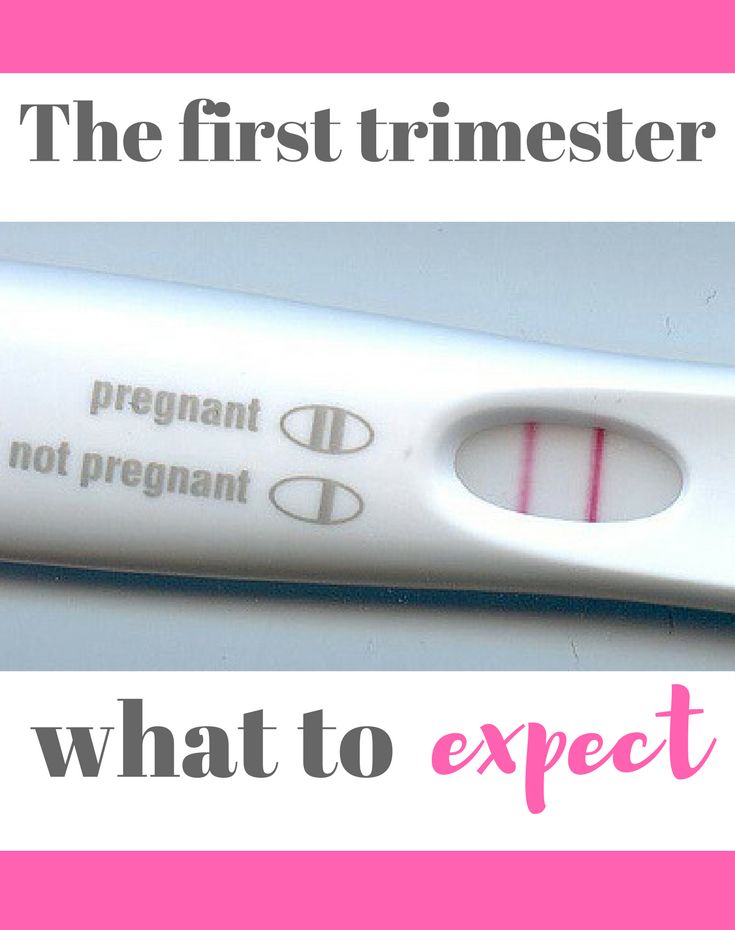 Also, some evidence shows that getting the flu while pregnant can raise your risk of complications, including premature labor. The flu vaccine reduces that risk.
Also, some evidence shows that getting the flu while pregnant can raise your risk of complications, including premature labor. The flu vaccine reduces that risk.
Even better, the flu vaccine can also protect your baby from contracting the flu after birth. When you get vaccinated during pregnancy, you’re passing on antibodies to your child. The vaccine will help protect your baby against the flu for the first few months after birth.
Do get a COVID-19 vaccine.Like the flu, COVID-19 is dangerous to pregnant people and their babies. Pregnant people who get COVID-19 are more likely to need hospitalization and intensive care. They’re also more at risk for preterm delivery, stillbirth and pre-eclampsia.
Research has shown that the COVID-19 vaccine is safe for those who are pregnant, planning on becoming pregnant or want to get pregnant in the future.
Talk to a provider you trust if you’re nervous about getting vaccinated while pregnant. Your provider can answer your questions and address any concerns you may have.
Learn more about COVID-19 vaccines and pregnancy.
Do visit the dentist.The American Congress of Obstetricians and Gynecologists (ACOG) says that teeth cleaning and dental X-rays are safe for pregnant people. In fact, OB/GYNs are now advised to do oral health assessments during an initial prenatal visit and to encourage dental visits during pregnancy.
The ACOG reports that 40% of pregnant Americans have some degree of periodontal disease and that the physical changes from pregnancy can affect the gums and teeth. A dental visit can identify any potential dental needs early.
Do stay hydrated.Hydration helps prevent preterm labor. It also helps prevent headaches, kidney stones and dizziness. If you’re already battling constipation and hemorrhoids, staying hydrated can help fight these conditions.
If your urine is light yellow to clear, you’re getting enough hydration. If it’s dark yellow, you need to increase your water intake.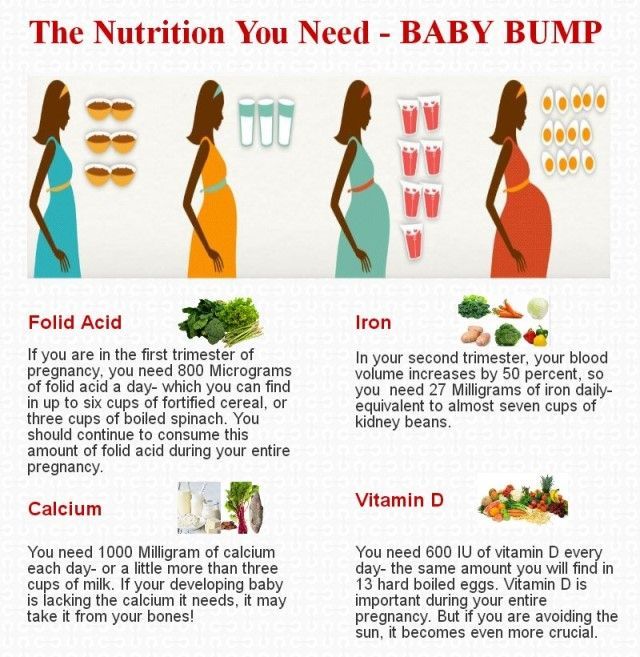
The bottle of aspirin you’ve been using to relieve headaches may not be safe for you to take while pregnant. Before you take anything, check this list of medications that are generally safe to use while pregnant.
If you struggle with allergies, try to negate the need for medication by avoiding your allergy triggers.
Always talk to your provider before starting any medications, herbs or supplements.
Do ask for help.Are you already more tired than usual during your first trimester of pregnancy? Ask your partner to help out more, maybe picking up a few extra tasks around the house to ease your burden.
You have a support system – take advantage of it. Ask a friend or family member for help. Do what you need to do to ensure you are getting enough rest, for your health and for your growing baby. Having extra help or having fewer tasks to accomplish will give you more time to rest.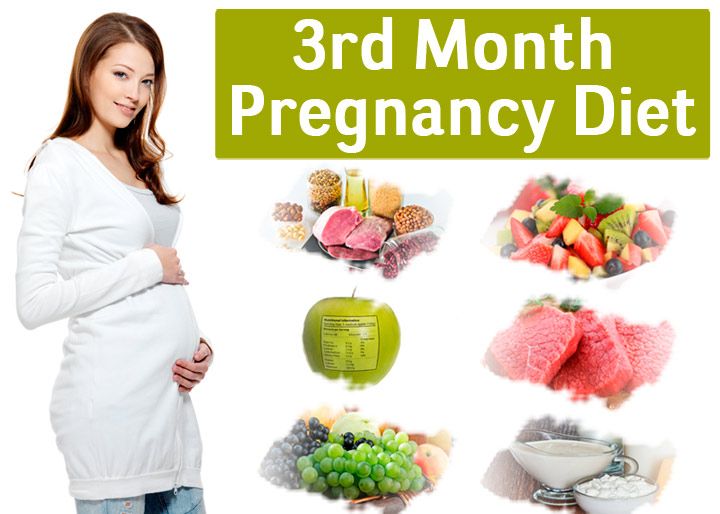
If you’re a smoker, now is the best time to quit. Quitting will give your health a boost and protect the health of your baby. Talk with your provider today about ways to quit.
According to the CDC, smoking while pregnant comes with risks. People who smoke during pregnancy are more at risk of miscarriage. Babies born to those who smoked during pregnancy are at increased risk for birth defects, premature birth, low birth weight and infant death.
These babies also are at greater risk for learning disabilities. Smoking during and after pregnancy is also a risk factor for Sudden Infant Death Syndrome (SIDS). And babies born to people who smoked during pregnancy are more likely to become smokers earlier themselves due to a physiologic nicotine addiction.
What about electronic cigarettes? The CDC says that while the aerosol of e-cigarettes typically has fewer harmful substances than cigarette smoke, e-cigarettes that contain nicotine aren’t safe during pregnancy.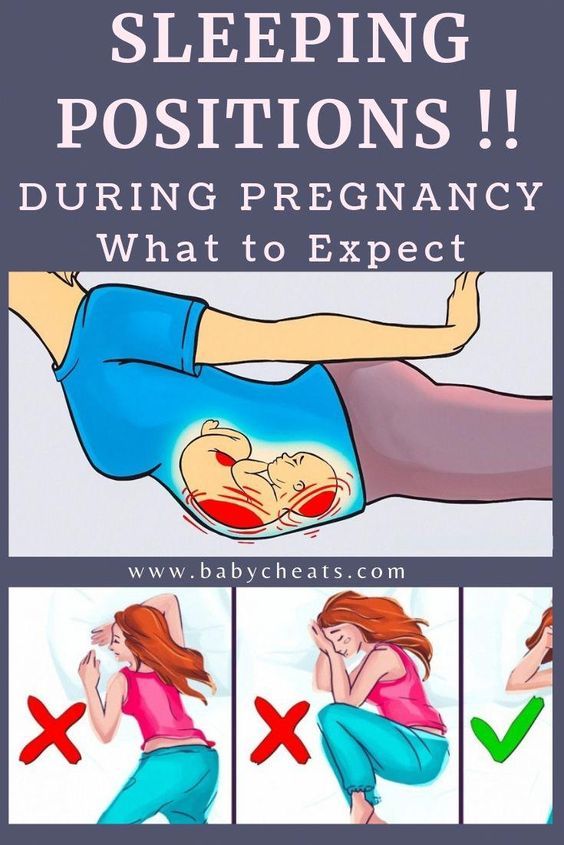 The nicotine alone is a health danger for pregnant people and developing babies. It can also damage a developing baby’s brain and lungs.
The nicotine alone is a health danger for pregnant people and developing babies. It can also damage a developing baby’s brain and lungs.
There is no amount of alcohol that is safe during pregnancy. And there is no time during pregnancy when alcohol does not carry risks.
Drinking alcohol while pregnant can cause problems for a developing baby at any stage. This includes the days and weeks before a person knows they’re pregnant. Drinking alcohol anytime in the first trimester can cause central nervous system problems and abnormal facial features and growth. Drinking alcohol later in a pregnancy can lead to miscarriage, stillbirth and fetal alcohol spectrum disorders (FASDs). These disorders are a range of behavioral and intellectual disabilities.
Children with FASDs may have:
- Abnormal facial features
- Poor coordination and memory
- Difficulty with attention
- Learning disabilities and difficulties in school
- Speech and language delays
- Lower IQs
- Poor reasoning and judgment skills
- Sleep and sucking problems as infants
- Vision and hearing problems
- Problems with the heart, kidney or bones
If someone drinks during pregnancy, it is never too late to stop. The sooner they stop, the better the health benefits are for themselves and their baby.
The sooner they stop, the better the health benefits are for themselves and their baby.
If you need help, talk to your provider right away. There are resources available.
Don’t eat raw meat.Pregnant people who eat raw or undercooked meat and eggs are at risk of contracting listeriosis and toxoplasmosis. These can lead to serious and life-threatening illnesses and can cause severe birth defects and miscarriage.
Cook your meat and eggs thoroughly before eating.
Don’t visit the sauna.Avoid the sauna and hot tub. There is a risk of overheating, dehydration and fainting every time you use a sauna, whirlpool, hot tub or steam room. If you’re looking to relax, soak in a hot bath instead.
Don’t drink too much caffeine.This is an especially tricky one in this first trimester of pregnancy because you are so very tired. But caffeine can cross the placenta and affect your growing baby’s heart rate.
Research suggests that some caffeine is OK in the first trimester – up to about 200 milligrams a day or about two cups of coffee. But some studies suggest that drinking too much caffeine might be associated with a greater risk of miscarriage.
Don’t clean the litter box.There’s no reason to fear or avoid your pet cat during pregnancy, but leave the litter box to your partner or a friend. There are millions of parasites in feline waste, and one – toxoplasma gondii – is especially dangerous to pregnant people.
Exposure to this parasite can increase your risk of miscarriage or stillbirth. Babies born with this parasite could develop serious health problems, including seizures and mental disabilities. It also can lead to vision problems.
Don’t overeat.Studies show that half of people gain too much weight during pregnancy. When that happens, the baby is at greater risk of obesity later in life. You will need additional calories in the second and third trimesters, but doctors disagree about whether you need any extra calories in this first trimester.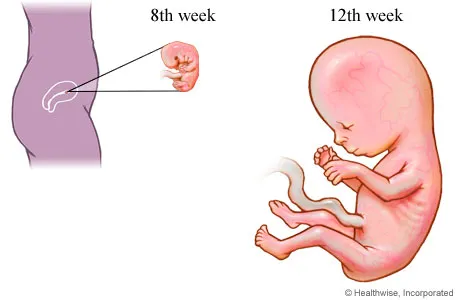
Eat until you’re satisfied and then stop.
Take care of yourselfThis list of do’s and don’ts in the first trimester of pregnancy may seem a bit intimidating. But don’t let it scare you.
Most of these guidelines can be easily summed up: Take care of yourself. Be sure to eat healthy foods, drink lots of water and get enough sleep.
Before you know it, your little one will finally be here. When you hold and snuggle with your newborn, remember to thank yourself for following this list of do’s and don’ts months ago in your first trimester. A healthy, happy baby makes it all worthwhile.
Learn more
- 10 things to expect in your second trimester
- Exercise during pregnancy: Is it safe?
- You can have a happy and healthy plus-size pregnancy
…
Posted In Health Information, Pregnancy, Women's
Things Not to Do While Pregnant: What to Avoid
Things Not to Do While Pregnant: What to AvoidMedically reviewed by Katie Mena, M.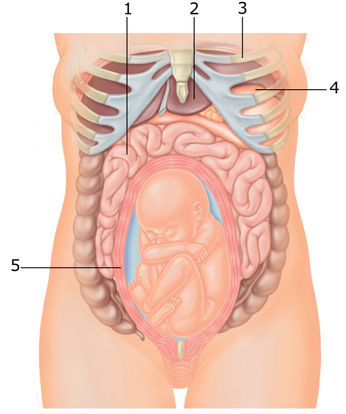 D. — By Jessica Timmons on September 12, 2016
D. — By Jessica Timmons on September 12, 2016
There aren’t many hard and fast rules about what not to do during your pregnancy, beyond abstaining from alcohol and drugs, of course. For the most part, you can continue with most of your prepregnancy life.
But because the health and safety of your growing baby is essential, here’s a list of 11 things to avoid while pregnant.
1. Certain foods
The biggest list of don’ts for pregnant women involves food.
During your pregnancy, you should avoid:
- Raw meat and shellfish: Uncooked seafood (we’re looking at you, sushi), including oysters, mussels, and clams. Also avoid rare or undercooked beef and poultry. These can be contaminated with toxoplasmosis or salmonella.
- Deli meat: Deli meats can be contaminated with listeria, bacteria that can cross the placenta and infect your developing baby. An infection in utero could lead to blood poisoning and could be life-threatening for your baby.
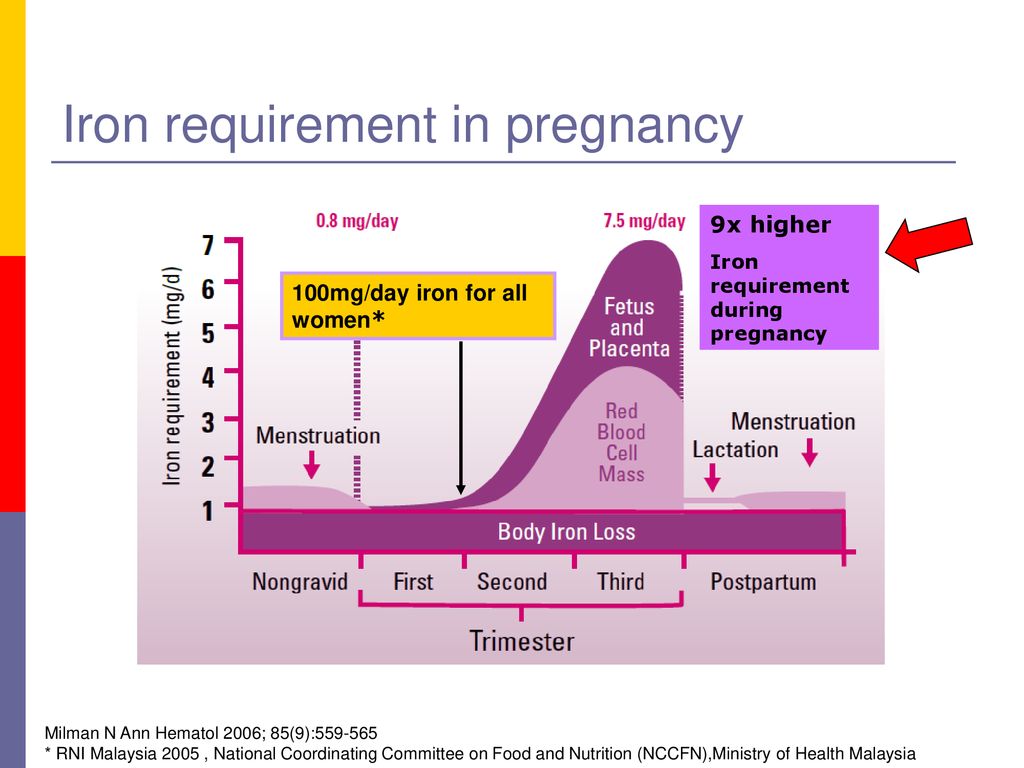
- Fish with high levels of mercury: That includes fish such as shark, king mackerel, swordfish, and tilefish. Wondering about tuna? In general, canned, chunk light tuna has lower levels of mercury, but it’s still smart to eat it sparingly.
- Smoked seafood: Avoid lox, kippered fish, jerky, or nova style salmon. There’s a risk that this refrigerated, smoked seafood could be contaminated with listeria. Smoked seafood that’s shelf-safe or canned, however, is probably fine.
- Raw eggs: This includes foods that contain raw eggs, so be wary of homemade Caesar dressings, Hollandaise sauces, mayonnaise, and certain custards. Raw eggs can pose a risk of salmonella.
- Soft cheeses: Some imported soft cheeses can have listeria, so steer clear of soft cheeses like Roquefort, feta, Gorgonzola, Camembert, and Brie. Mexican cheeses such as queso blanco and queso fresco should also be avoided, unless they’re made from pasteurized milk.
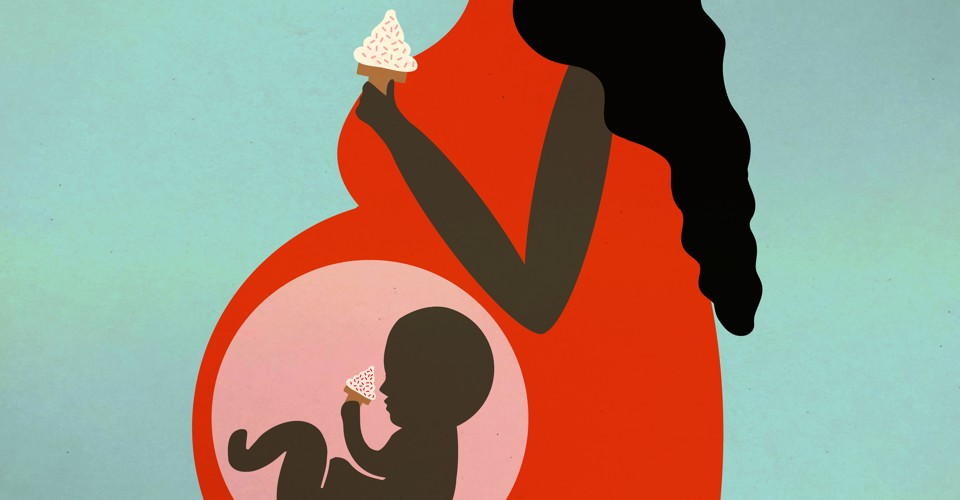
- Unpasteurized dairy: These products could contain listeria.
It seems extensive, but there are still plenty of great nutrition choices during your pregnancy. While it’s always important to eat a balanced diet, pregnancy is an especially critical time. In your daily mail plan, try to incorporate:
- lean proteins
- healthy fats
- lots of fresh vegetables and fruits
- water
2. Wet paint
There’s no way to measure toxicity from actual exposure to paint, so this recommendation is based on the likelihood of toxicity.
Paint toxicity depends on the individual solvents and chemicals in the paint, as well as exposure. While it’s assumed that household painting has a low exposure level, the safest course of action is to seriously reduce your exposure to the fumes from these paints.
Even better? Find someone else to handle the painting.
3. Caffeine
Share on Pinterest
It’s a stimulant and a diuretic, which means drinking your usual few cups of coffee every day will increase your blood pressure, heart rate, and the number of trips you make to the restroom.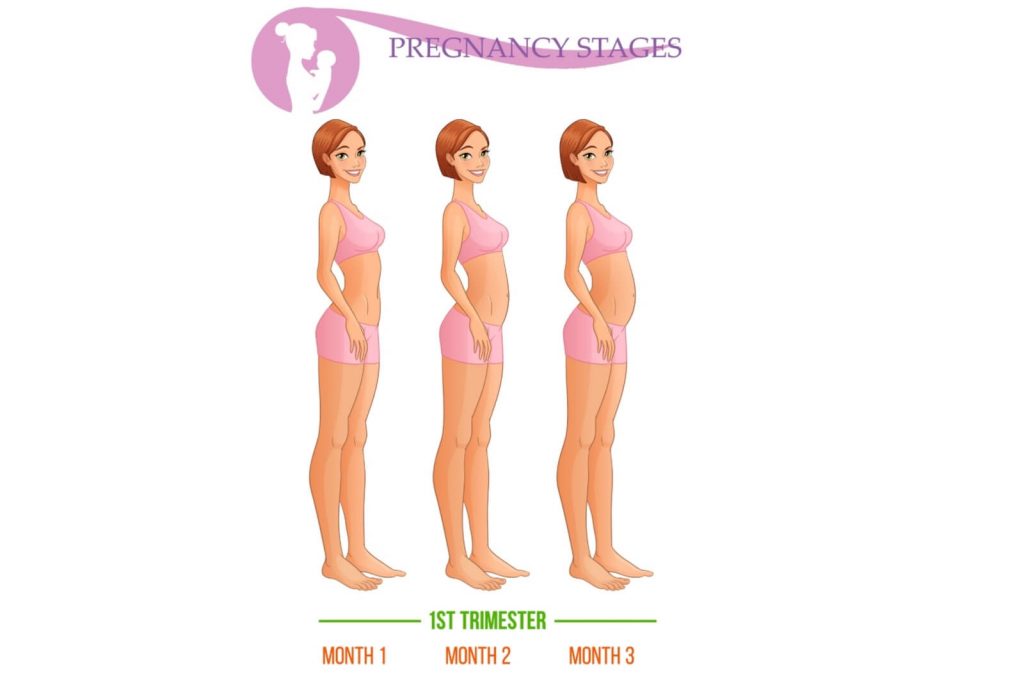 Plus, caffeine crosses the placenta.
Plus, caffeine crosses the placenta.
While you may function just fine caffeinated, your growing baby doesn’t. That’s because your baby’s metabolism is still developing.
You don’t have to forgo caffeine entirely: Moderate levels of caffeine, defined as 150 to 300 milligrams (mg) a day, should be fine.
Just remember that caffeine isn’t just in tea and coffee. You’ll find it in chocolate, sodas, and even certain over-the-counter medicines.
4. Certain medications
Share on Pinterest
Some medications can be harmful to your growing baby. Before taking any over-the- counter or prescription medications and supplements, speak to your doctor.
5. Stilettos
Share on Pinterest
Stick to heels with a 3-inch heel or less: Think kitten heels, wedges, and platforms. As your belly grows, your center of gravity will change. So you may find yourself a little unsteady on your feet. Add to that swollen ankles, and you may find yourself living in your flip flops.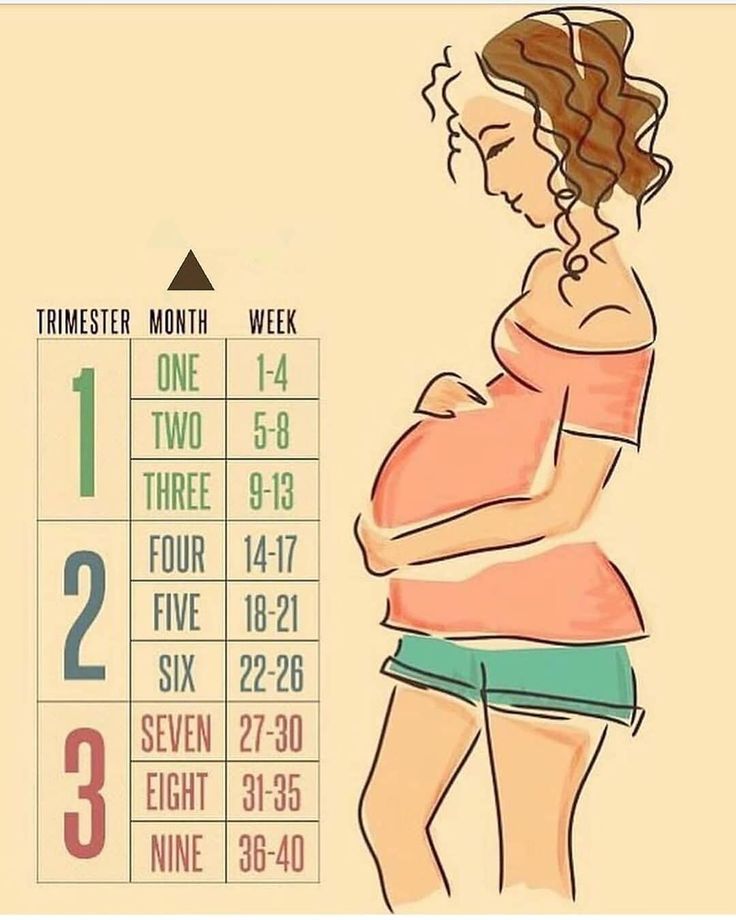
6. Hot tubs and saunas
Share on Pinterest
If you’re feeling aches and pains during your pregnancy, relaxing in a hot tub may seem ideal. But an elevated body temperature during the first trimester can lead to certain birth defects.
Skip the hot tub, which usually maintains a water temperature around 104°F, and try a warm bath instead.
7. Kitty litter
Share on Pinterest
If you must change kitty, wear gloves and wash your hands well afterward. Cat feces can carry toxoplasmosis, a rare parasitic disease.
While you’re more likely to contract it by eating raw meat or through gardening, it’s still a good idea to have someone else change the cat litter daily.
8. Secondhand smoke
Share on Pinterest
Smoking is terrible for you and your baby, but secondhand smoke can be nearly as bad. There are roughly 4,000 chemicals in secondhand smoke, and some of them have been linked to cancer.
Exposure to secondhand smoke during your pregnancy can lead to:
- miscarriage
- premature delivery
- low birth weight
- learning or behavioral issues as your baby grows
- sudden infant death syndrome
9.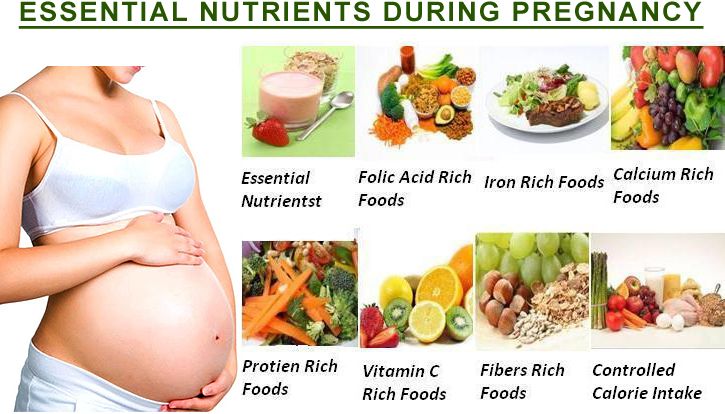 Alcohol
Alcohol
Share on Pinterest
Avoid wine, beer, and liquor during your pregnancy. Alcohol passes quickly from your bloodstream through the placenta and umbilical cord to your baby, and this can harm your developing baby’s brain and organs.
Other potential risks include:
- premature birth
- fetal alcohol spectrum disorders
- brain damage
- birth defects
- miscarriage
- stillbirth
10. Sitting or standing for too long
Share on Pinterest
During pregnancy, staying in same position for too long, seated or standing, can be problematic. It can cause all types of problems including swollen ankles and vein problems.
Try taking short breaks frequently to move around if you’ve been seated, or to put your legs up if you’ve been on your feet.
11. Believing everything you read
Share on Pinterest
You can find all sorts of contradictory information online, in books, and in magazines.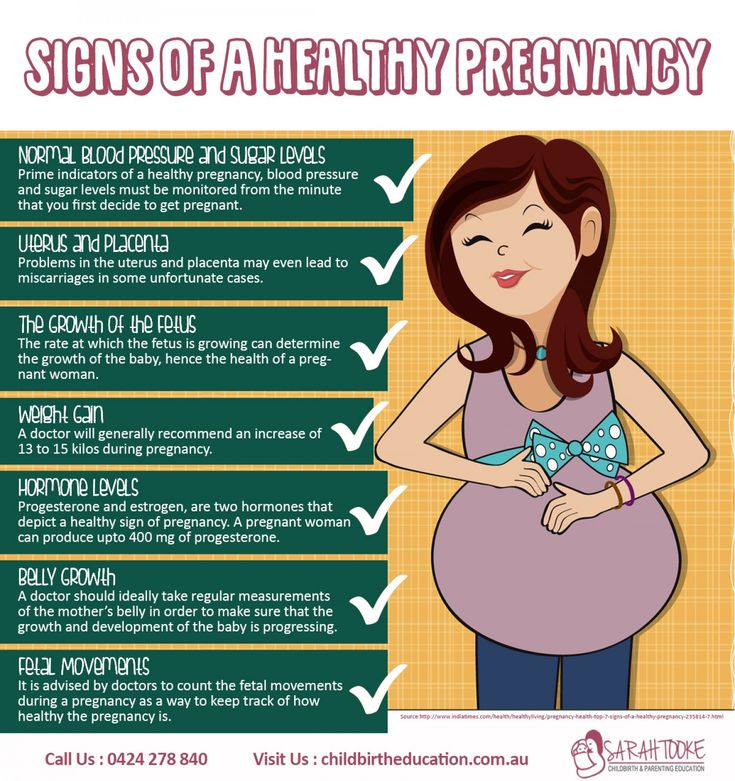 Be reasonable, trust your instincts, and remember that erring on the side of caution is never a bad idea. If in doubt, speak to your doctor.
Be reasonable, trust your instincts, and remember that erring on the side of caution is never a bad idea. If in doubt, speak to your doctor.
The takeaway
Remember, you won’t be pregnant forever. Hang in there, as all of these off-limits foods and activities will soon be available to you again.
For pregnancy-safe nutrition tips, recipe inspiration and weekly tips, sign up for our I’m Expecting newsletter.
Share on Pinterest
Last medically reviewed on September 12, 2016
- Parenthood
- Pregnancy
- Pregnancy Health
How we vetted this article:
Healthline has strict sourcing guidelines and relies on peer-reviewed studies, academic research institutions, and medical associations. We avoid using tertiary references. You can learn more about how we ensure our content is accurate and current by reading our editorial policy.
- Alcohol during pregnancy.
 (2016, April)
(2016, April)
marchofdimes.org/pregnancy/alcohol-during-pregnancy.aspx - Caffeine intake during pregnancy. (2015, July)
americanpregnancy.org/pregnancy-health/caffeine-during-pregnancy/ - Foods to avoid during pregnancy. (2015, July)
americanpregnancy.org/pregnancy-health/foods-to-avoid-during-pregnancy/ - Harms, R. W. (2014, August 5). What causes ankle swelling during pregnancy – and what can I do about it? Retrieved from
mayoclinic.org/healthy-lifestyle/pregnancy-week-by-week/expert-answers/swelling-during-pregnancy/faq-20058467 - Mayo Clinic Staff. (2014, May 14). Pregnancy week by week
mayoclinic.org/healthy-lifestyle/pregnancy-week-by-week/in-depth/pregnancy/art-20047441?pg=2 - Paint and pregnancy. (2015, July)
americanpregnancy.org/pregnancy-health/paint-and-pregnancy/ - Pregnancy and toxoplasmosis. (n.d.)
humanesociety.org/animals/resources/tips/toxoplasmosis.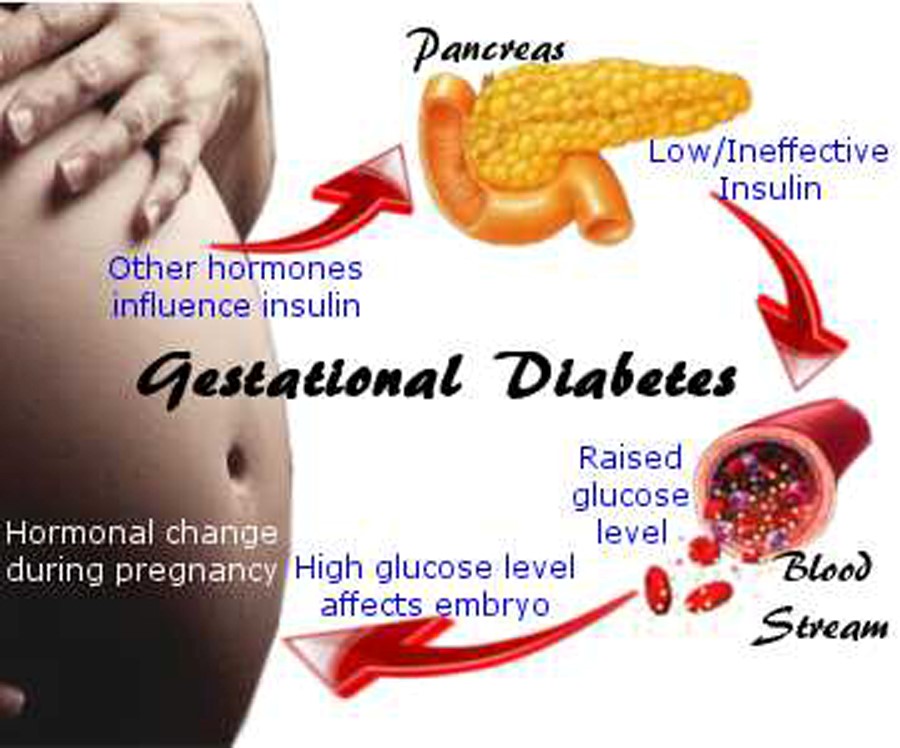 html
html - Pregnant in a hot tub. (n.d.)
americanpregnancy.org/pregnancy-health/hot-tubs-during-pregnancy/ - Second hand smoke and pregnancy. (n.d.)
americanpregnancy.org/pregnancy-complications/second-hand-smoke-and-pregnancy/
Share this article
Medically reviewed by Katie Mena, M.D. — By Jessica Timmons on September 12, 2016
related stories
11 Foods and Beverages to Avoid During Pregnancy - What Not to Eat
Medications You Should Avoid During Pregnancy
17 Pregnancy Do’s and Don’ts That May Surprise You
13 Foods to Eat When You’re Pregnant
What You Should Know About Swimming During Pregnancy
Read this next
11 Foods and Beverages to Avoid During Pregnancy - What Not to Eat
By Adda Bjarnadottir, MS, RDN (Ice)
Certain foods can be very harmful for pregnant women and their babies.
 This is a list of 11 foods and drinks that pregnant women should avoid.
This is a list of 11 foods and drinks that pregnant women should avoid. READ MORE
Medications You Should Avoid During Pregnancy
Medically reviewed by Zara Risoldi Cochrane, Pharm.D., M.S., FASCP
Some medicines are considered unsafe to take during pregnancy. They may be damaging to you or your developing baby. Discover some medicines to avoid…
READ MORE
17 Pregnancy Do’s and Don’ts That May Surprise You
Medically reviewed by Debra Rose Wilson, Ph.D., MSN, R.N., IBCLC, AHN-BC, CHT
There are a lot of do’s and don’ts that come along with pregnancy. Learn which ones you should follow for a healthy pregnancy and baby.
READ MORE
13 Foods to Eat When You’re Pregnant
By Adda Bjarnadottir, MS, RDN (Ice)
What you eat during pregnancy is important for your health, as well as the health of your baby.
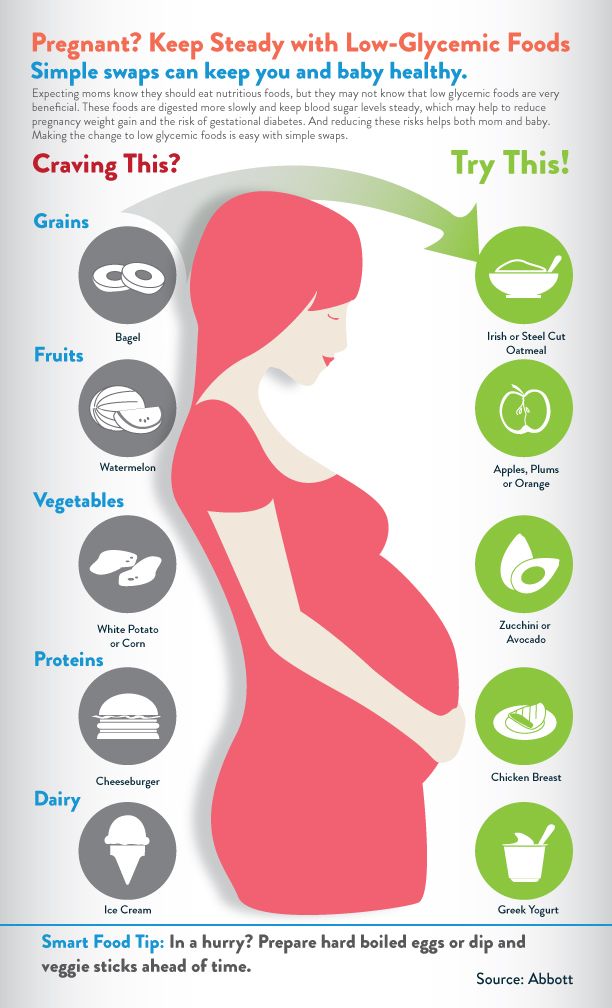 Here are 13 foods you should eat when you're pregnant.
Here are 13 foods you should eat when you're pregnant.READ MORE
What You Should Know About Swimming During Pregnancy
Medically reviewed by Valinda Riggins Nwadike, MD, MPH
With so many things restricted, you may wonder if swimming during pregnancy is safe. We've got answers to your questions and tips for making the most…
READ MORE
The Effects of Smoking Weed While Pregnant
Medically reviewed by Debra Rose Wilson, Ph.D., MSN, R.N., IBCLC, AHN-BC, CHT
What a mom-to-be puts on her skin, eats, and smokes affects her baby. Using weed during pregnancy can be dangerous for your developing baby-to-be. THC…
READ MORE
How to Predict When Your Baby Will Drop
Medically reviewed by Debra Rose Wilson, Ph.D., MSN, R.N., IBCLC, AHN-BC, CHT
Your baby dropping is one of the first signs that your body is getting ready for labor.
A registered nurse and mother of four tells you what you need…
READ MORE
The Best Pregnancy Apps of 2020
These are the best iPhone and Android apps to find information, answers, tools, and tracking during your pregnancy. From scheduling doctor’s visits…
READ MORE
7 Books That Shine a Light on Pregnancy
For everything from what to eat during pregnancy to how to plan for birth and what comes after, check out these best pregnancy books!
READ MORE
The Best Pregnancy Videos of the Year
No matter what you're going through, check out these videos offering a mixture of spoofs, uplifting tales, and somber accounts of pregnancy.
READ MORE
Contraindications for early pregnancy and 2nd and 3rd trimesters
Foreword
Pregnancy is a wonderful, but also a responsible time. The course of pregnancy and the health of the unborn child depend on the behavior of the expectant mother.
Lifestyle changes during pregnancy, of course. Today we will talk about contraindications during pregnancy, about those prohibitions that her condition imposes on a woman.
It is known that the entire period of pregnancy is divided into three trimesters. And in each of them there are different contraindications during pregnancy.
Contraindications in the first trimester of pregnancy
The first trimester of pregnancy is the most important period of the entire pregnancy, because at this time all the main systems of the new organism are formed. Therefore, in the first trimester of pregnancy, the list of restrictions is the most voluminous.
In order for a child to be healthy and develop properly, he must be provided with high-quality building materials and nullify all adverse factors that may affect the development of the body.
What should not be done in the first trimester of pregnancy?
- First of all, it is necessary to give up such a bad habit as smoking.
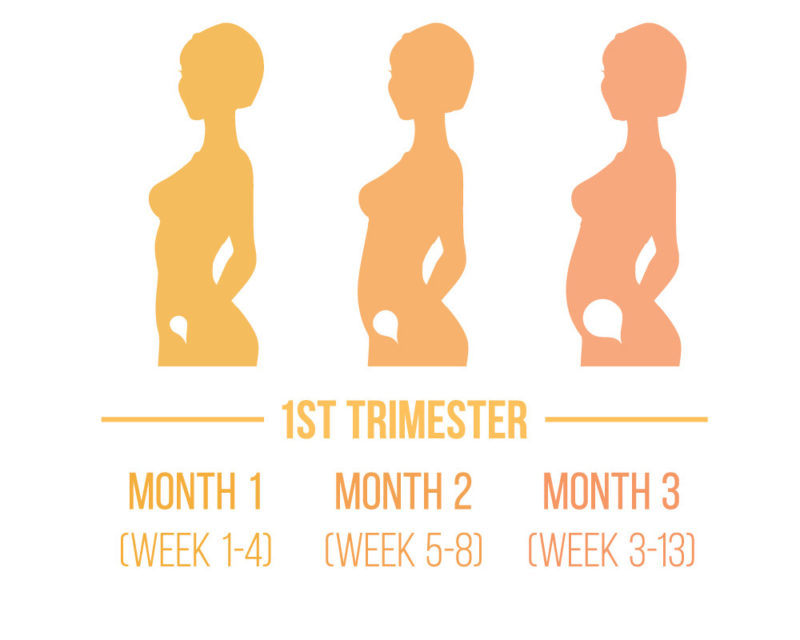 If you smoked before pregnancy, then it is necessary to leave cigarettes immediately! Smoking has an extremely negative effect on intrauterine development and leads to the formation of pathologies of varying severity. Passive smoking should also be avoided. It is unacceptable to be in the same room with a smoker. Very often, a woman's body takes care of itself - when pregnancy occurs, she begins to experience a strong aversion to the smell of cigarette smoke.
If you smoked before pregnancy, then it is necessary to leave cigarettes immediately! Smoking has an extremely negative effect on intrauterine development and leads to the formation of pathologies of varying severity. Passive smoking should also be avoided. It is unacceptable to be in the same room with a smoker. Very often, a woman's body takes care of itself - when pregnancy occurs, she begins to experience a strong aversion to the smell of cigarette smoke. - Alcohol is the second enemy of the normal course of pregnancy. The influence of alcohol is especially harmful in the early stages, when the main systems of the body are being formed.
- Crowded places should be avoided as there is a risk of infection in crowded places. Infectious diseases have an extremely negative effect on pregnancy, especially since the list of medicines that can be used during this period is extremely small.
- The same applies to colds, which, among other things, can lead to serious complications due to the weakness of the body.
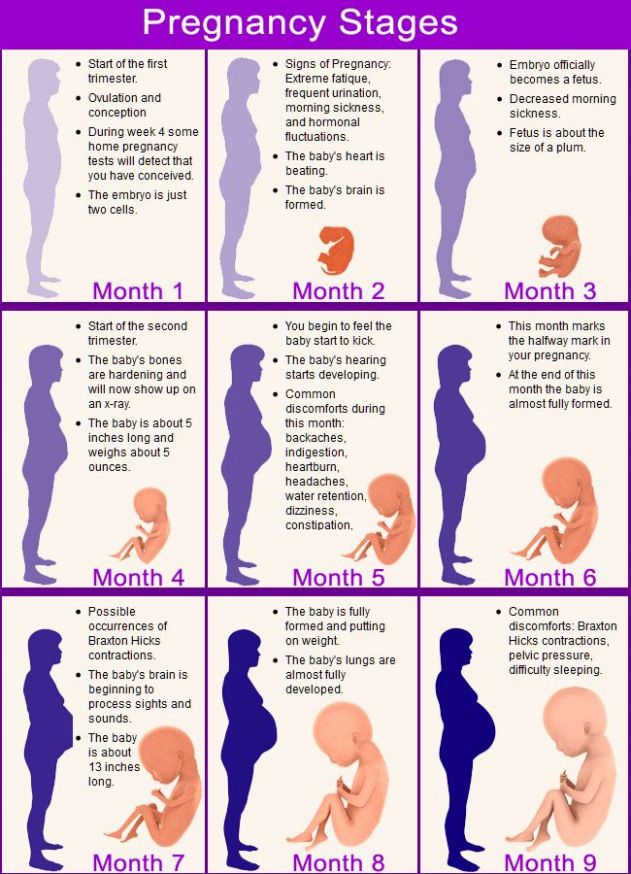 Therefore, it is advisable not to overcool, not to be in a draft, not to wet your feet.
Therefore, it is advisable not to overcool, not to be in a draft, not to wet your feet. - Fluorography and other x-rays should not be done except for vital indications. X-ray radiation has an extremely negative effect on the development of the child and can lead to developmental pathology.
- Before taking medicines during pregnancy, you should read the package leaflet very carefully and consult your doctor. Many medicines are contraindicated during pregnancy, and it is strictly forbidden to take them. These drugs include many antibiotics, tranquilizers, painkillers, narcotic drugs, and some others.
- Stress is also a contraindication during pregnancy. Excessive nervous tension and negative emotions have an extremely negative effect on the development of the child. With stressful loads, hormonal collection often occurs, which negatively affects the development of pregnancy.
- A very important contraindication during pregnancy is weight lifting. You can not heavily load the muscles of the abdomen and pelvis.
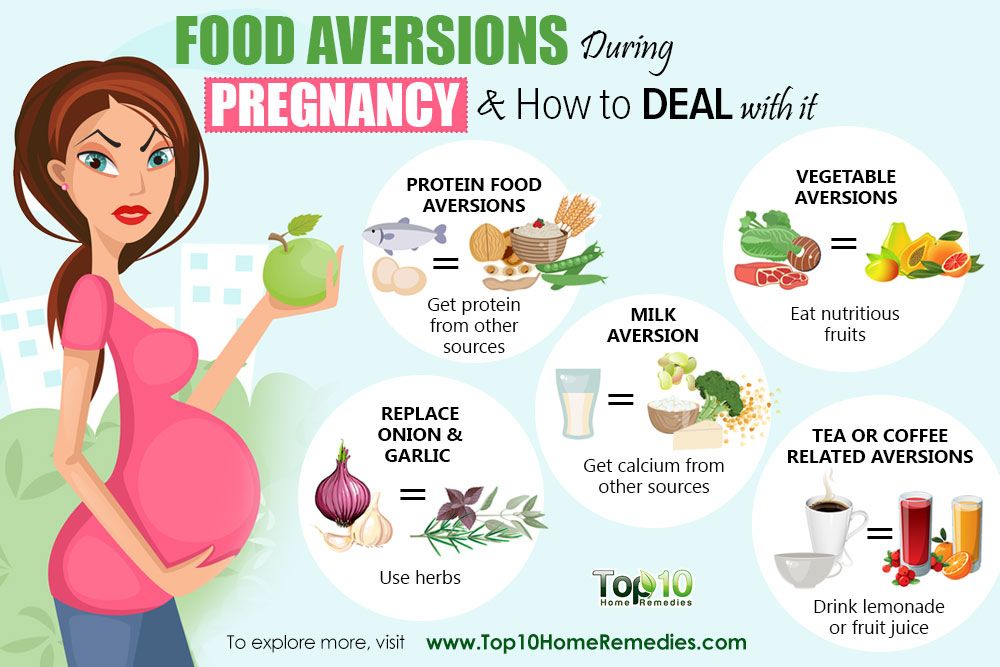 Exhausting physical exercises should be abandoned. And, of course, to exclude various extreme sports, giving preference to more relaxed activities: swimming, walking, simple yoga exercises, physical therapy and breathing exercises.
Exhausting physical exercises should be abandoned. And, of course, to exclude various extreme sports, giving preference to more relaxed activities: swimming, walking, simple yoga exercises, physical therapy and breathing exercises. - Nutrition during pregnancy should be taken very seriously. Dyes, chemical flavoring additives in food are contraindicated.
- As for products of animal origin, they require complete heat treatment before consumption. It is forbidden to eat half-cooked food, as dangerous parasites and bacteria that cause serious illness can be present in uncooked foods.
- If you have pets at home, especially cats, entrust the care of the cat to someone from the household. Cat feces can contain pathogens of toxoplasmosis, a dangerous disease that negatively affects the development of the child.
Pregnancy contraindications - controversial issues
Some restrictions during the first trimester of pregnancy are controversial today.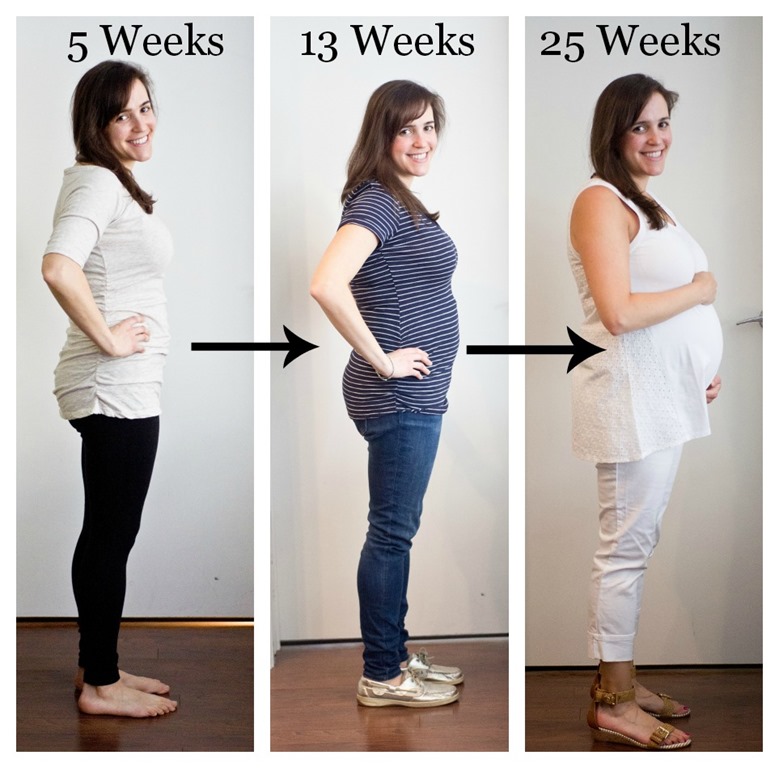 Let's focus on the most important points.
Let's focus on the most important points.
- Sex life
During sexual intercourse, there is an active contraction of the muscles of the uterus and small pelvis, so it is advisable to abstain from sex in the first trimester of pregnancy. This is especially true with the threat of miscarriage. However, even if your pregnancy is going well, sexual contact can cause complications because the fetus may be displaced or disturbed.
Over time, the embryo becomes more protected, so after the first trimester of pregnancy, if you feel good, there are no restrictions on your sex life.
- Cosmetics
During the first trimester of pregnancy, you must continue to take care of your body. However, it is recommended not to use cosmetics with fragrances and strong odors. Currently, many hypoallergenic personal care products are being produced, you can also use children's cosmetics.
It is good to use natural natural remedies: masks made from vegetables and fruits, such as cucumber mask or strawberry mask, as well as honey and olive oil.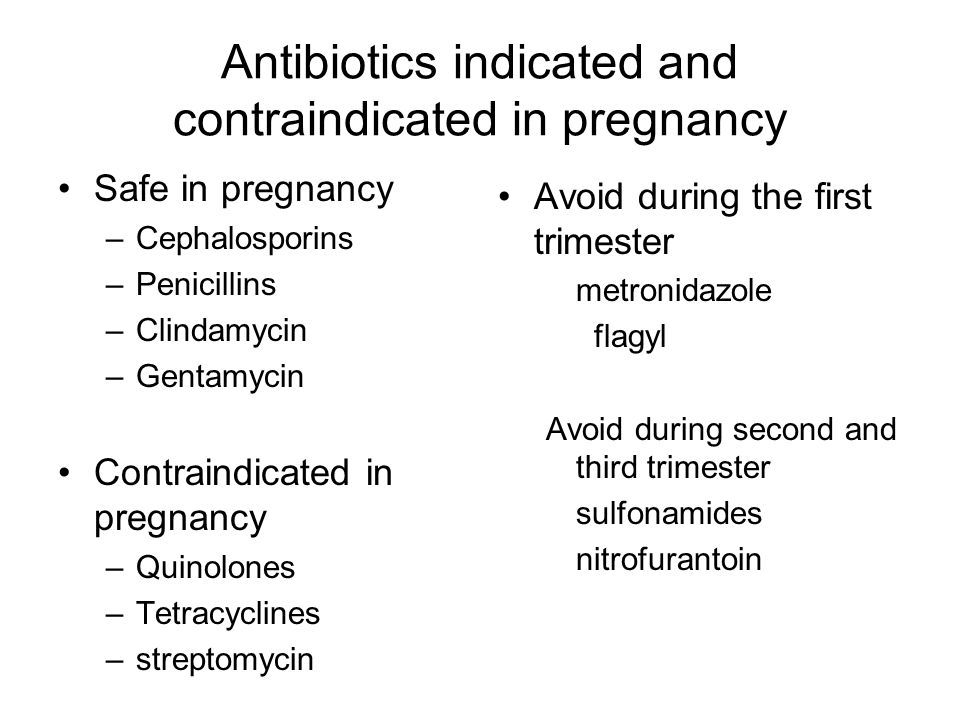 In specialized stores there is a large selection of cosmetics for expectant mothers.
In specialized stores there is a large selection of cosmetics for expectant mothers.
Hair coloring is not a contraindication during pregnancy. However, it is not recommended to dye your hair with any paint. The chemical elements that make up the paint negatively affect the condition of the hair. Therefore, if you decide to dye your hair, especially in the first trimester of pregnancy, give preference to expensive proven dyes. And it is best to use natural substances: henna or basma.
- Physical activity
Heavy physical activity is contraindicated during the first trimester of pregnancy. Serious stress on the body should be avoided, so if you were involved in extreme or power sports before pregnancy, change activities. It is possible and necessary to engage in physical education during the first trimester, but change your occupation, give preference to swimming, yoga, physiotherapy exercises, and walks in the fresh air.
There are special complexes of therapeutic and breathing exercises for pregnant women.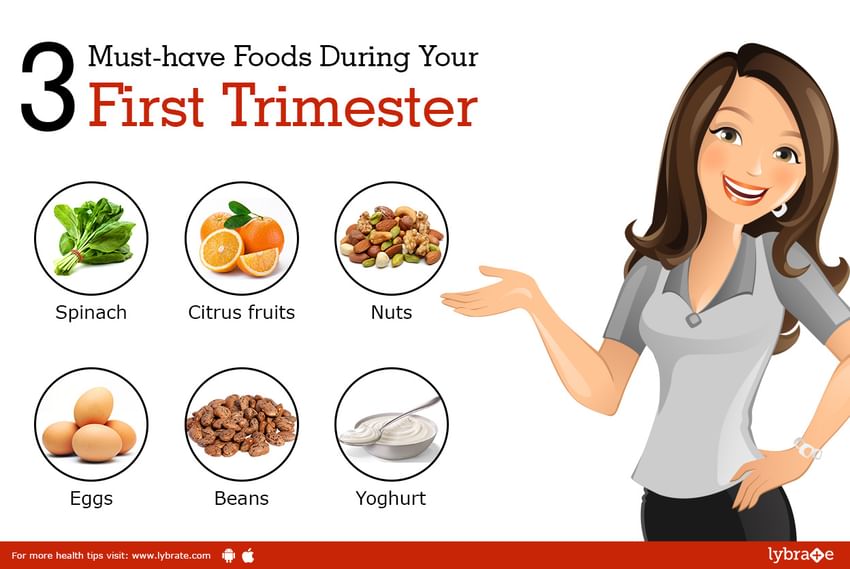
- Tanning and solarium
Ultraviolet is necessary for normal health and functioning of all body systems. Therefore, sunbathing is not forbidden. Of course, it is best to do it on the beach. It is only necessary to remember that it is necessary to be in the sun in the morning and evening hours, before 11 am and after 4 pm, since in the daytime the sun is very active and can harm the body.
Also remember to protect yourself from sunburn and use sunscreen. Sunbathing should not be prolonged, and at the slightest sign of indisposition, they should be stopped. It is best that exposure to sunlight on the body occurs in partial shade.
Is a solarium contraindicated in the first trimester of pregnancy? Here the opinions of experts differ. However, if there are no complications of pregnancy and strict contraindications, then you can visit the solarium, observing the precautionary measures: the stomach must be covered with a cloth, and you should also carefully monitor your well-being, and at the slightest sign of malaise, stop the procedure.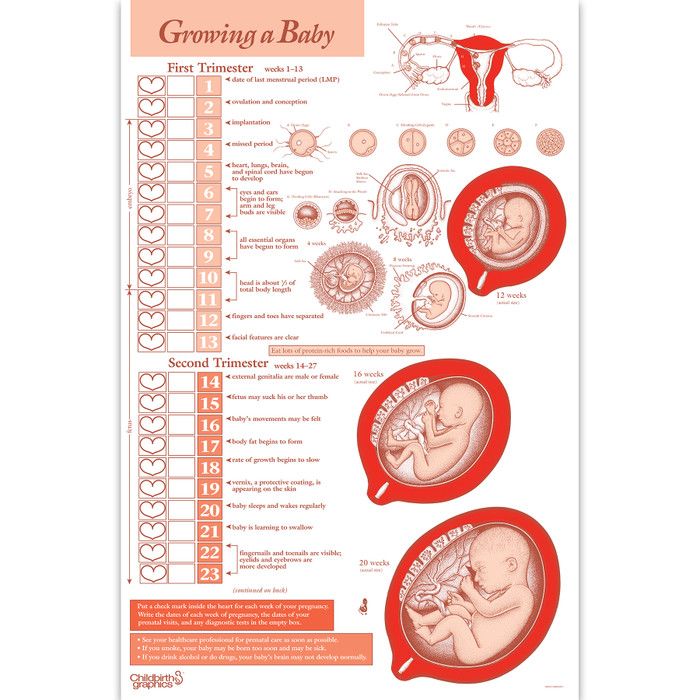
- Travel
Traveling long distances is recommended to be postponed. The fact is that vibrations in the train and on the plane lead to tension in the muscles of the back and abdomen, and can provoke an increased tone of the uterus. In addition, when traveling by plane, the body experiences stress caused by pressure differences.
However, if the pregnancy is normal, the woman is in good physical shape, flying and train travel are not contraindicated. You just need to follow some precautions: drink plenty of water during the flight, wear loose clothing, and walk around the cabin several times during the flight. As for the train, here one should not save on amenities, it is not advisable to travel in a reserved seat, and even more so in a common carriage, a place, of course, should be chosen on the lower shelf.
Trips bring a lot of positive emotions, so if there are no serious contraindications, consult a doctor and feel free to hit the road!
- Power supply
Fast food and foods that cause allergic reactions should be excluded from your diet.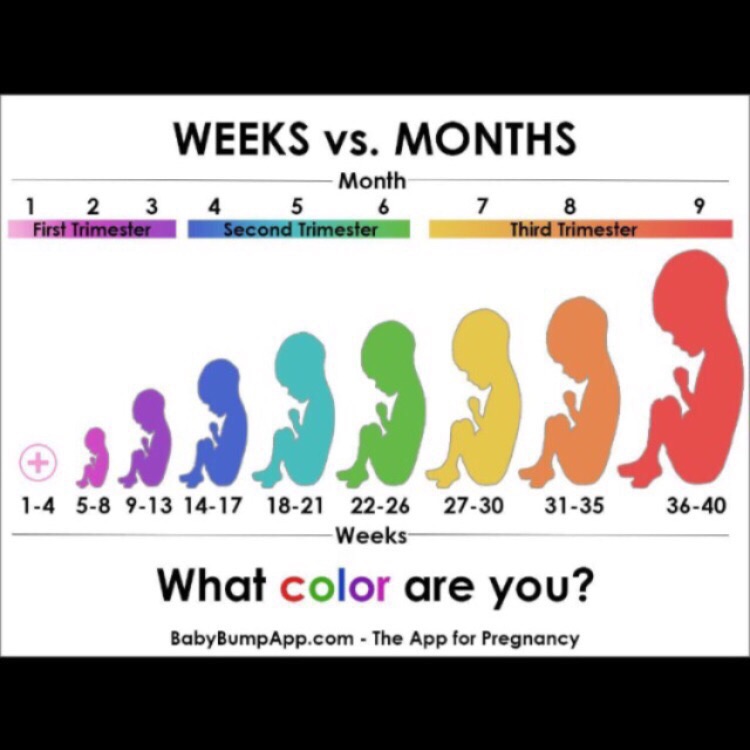 But if you really want to eat a hamburger, then you can sometimes afford it. Just don't get carried away!
But if you really want to eat a hamburger, then you can sometimes afford it. Just don't get carried away!
In the first trimester of pregnancy, many women experience morning sickness. Therefore, fatty and heavy foods become a contraindication in the first trimester of pregnancy.
- Coffee and cocoa
Coffee excites the nervous system and affects the heart. Therefore, coffee is a contraindication during pregnancy if you have problems with the heart or blood vessels. At the same time, in moderation, coffee is useful for maintaining tone and uplifting mood. Also, coffee is recommended at reduced pressure. But everything should be done in moderation.
Cocoa is a very useful product, it contains many vitamins and microelements. At the same time, cocoa also has negative properties: cocoa washes calcium out of the body and prevents its absorption. Cocoa also provokes the appearance of uterine tone, which is very dangerous especially in the first trimester of pregnancy.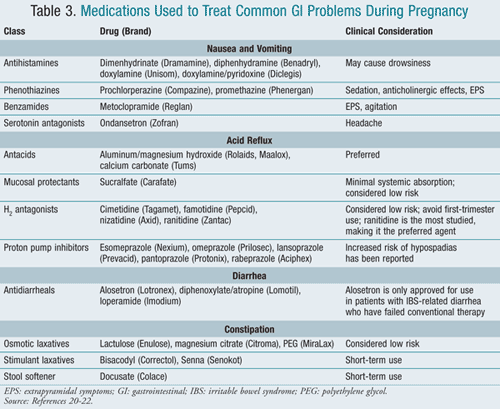 Cocoa is high in calories, so it contributes to weight gain, which is highly undesirable. Based on the foregoing, the use of cocoa is rather a contraindication during pregnancy
Cocoa is high in calories, so it contributes to weight gain, which is highly undesirable. Based on the foregoing, the use of cocoa is rather a contraindication during pregnancy
Contraindications in the second trimester of pregnancy
The second trimester of pregnancy is the most pleasant time! Toxicosis and ailments associated with the first trimester of pregnancy are already behind, but the size of the fetus and abdomen is still small, so a pregnant woman can enjoy her excellent condition.
Contraindications during pregnancy become much less than in the first trimester, and many of them are not so strict.
And yet, let's dwell on some of them.
What not to do in the second trimester of pregnancy?
- Power supply
Toxicosis of the first trimester of pregnancy has passed, and now the woman can return to her usual diet. However, in the second trimester there are a number of restrictions.
First of all, fatty heavy foods should be avoided.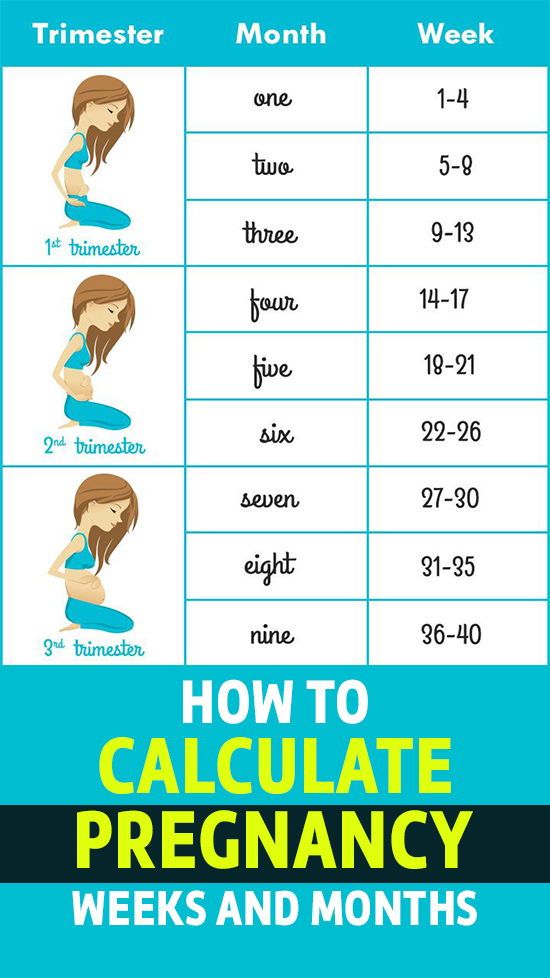 It is necessary to remove from the diet foods that can cause an allergic reaction, such as nuts, as well as foods with food additives and preservatives. Before you buy products, carefully study their composition on the label!
It is necessary to remove from the diet foods that can cause an allergic reaction, such as nuts, as well as foods with food additives and preservatives. Before you buy products, carefully study their composition on the label!
It is advisable to limit the intake of salty and smoked foods. Daily salt intake should also be reduced as salt retains fluid in the body, which can cause edema and is an additional burden on the kidneys, and increases blood pressure
sushi, as there is a risk of infection with helminths.A healthy, balanced diet is the basis for your well-being and the health of your baby. The basis of a healthy diet in the second trimester of pregnancy is cereals, followed by dairy products, fruits and vegetables in second place, and fish and meat in third place. It is advisable to refuse semi-finished products during this period.
- Vitamins and trace elements
Currently, an increasing number of experts adhere to the point of view that synthetic vitamins and microelements do not bring any benefit to the body, since they are not absorbed.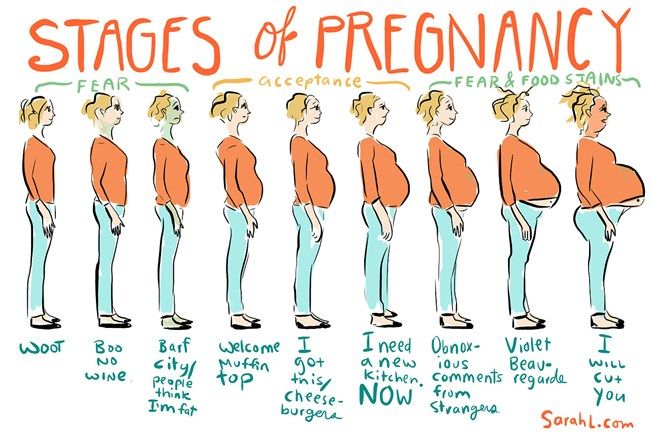 Of course, vitamin complexes are not a contraindication during pregnancy, but you should not rely on their miraculous power, preference should be given to natural products.
Of course, vitamin complexes are not a contraindication during pregnancy, but you should not rely on their miraculous power, preference should be given to natural products.
Eat more fresh fruits and vegetables, and don't forget calcium-rich dairy products as your baby's skeleton begins to take shape during the second trimester.
- Skin, nails, hair
When it comes to caring for your body, contraindications and recommendations for pregnancy in the second trimester remain the same as in the first. Get more rest and be outdoors, and from cosmetics (including hair dye), give preference to natural hypoallergenic products.
- Alcohol and smoking
The answer to this question is unequivocal: alcohol and cigarettes are absolutely contraindicated during pregnancy.
- Medicines
The list of drugs that are not a contraindication during pregnancy is significantly expanded in the second trimester. However, before you start taking any medication, carefully read the attached instructions and consult your doctor.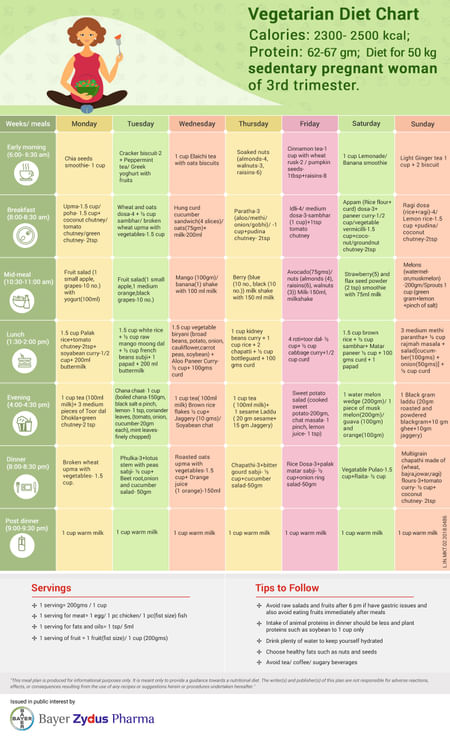
For colds and to improve immunity, it is good to use traditional medicine: tea with honey and lemon, raspberry jam, sea buckthorn berries.
Other illnesses often require medication. It is necessary to be treated during pregnancy, including taking medications. Just let your doctor know about your situation, and he will select you drugs that are not contraindicated during pregnancy.
- Sexual relations
In the second trimester of pregnancy, sex is not a contraindication if the pregnancy proceeds without complications.
Different women have different attitudes towards sex during pregnancy. For some, sexual relationships are a joy and pleasure. In this case, you can have sex, and it is useful. However, there are women who are psychologically unable to have sex while pregnant. Then it might be worth asking your partner to wait a little for the health of mom and baby.
Thus, sexual life in the second trimester of pregnancy is not contraindicated, it all depends on the well-being and psychological state of the expectant mother.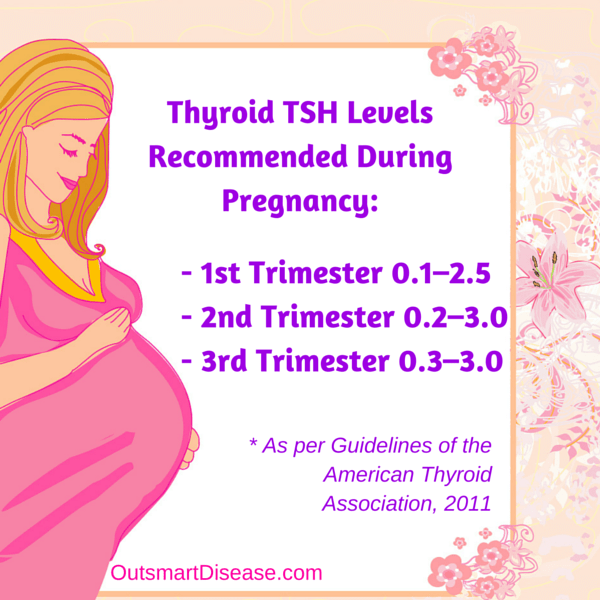
- Sports and fitness
Moderate exercise during the second trimester of pregnancy is very beneficial. Contraindication during pregnancy is only extreme sports and heavy power loads.
Continue to swim, do yoga, exercise therapy.
Outdoor walks are highly recommended.
However, potentially hazardous sports should be excluded. You should not ski or ride a bike, even if you feel well!
- Travel
The second trimester of pregnancy is the best time to travel! Just follow the recommendations of doctors during the trip and enjoy new experiences!
Choose a form of transport where you can get up and stretch when necessary.
You can also travel to exotic countries if you take precautions.
Flight is not a contraindication during the second trimester of pregnancy. However, take care of yourself in flight: wear anti-varicose tights, loose clothing, drink plenty of fluids during the flight, fasten the seat belt under your stomach.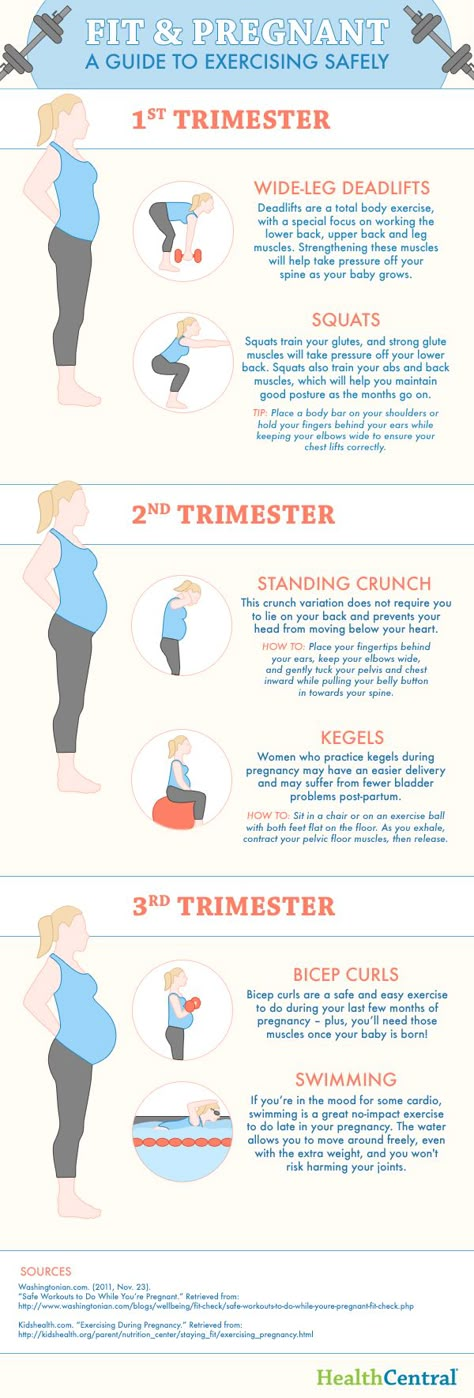
Contraindications in the third trimester of pregnancy
The third trimester is the most difficult period for a pregnant woman. The child is already large, and the size of the abdomen is a significant inconvenience. The body of the future mother is being rebuilt and preparing for the upcoming birth.
There are many more contraindications in pregnancy in the third trimester than in the second.
What should not be done in the third trimester of pregnancy?
- Power
In the third trimester, a woman begins to experience various inconveniences associated with digestion, such as heaviness in the stomach, heartburn, constipation. Therefore, it is necessary to review the diet and diet during this crucial period.
One of the most important tasks during this period is to monitor your own weight. Excess weight is an additional burden on the body, which can lead to complications during pregnancy.
However, keeping your weight under control does not mean starving! Diets during pregnancy are strictly contraindicated!
From the diet should be excluded foods that are not nutritionally useful, but only lead to excess weight. Such products include cakes, pastries, pies, buns, sweets, cookies.
Such products include cakes, pastries, pies, buns, sweets, cookies.
Preference should be given to dairy products, lean fish and meat, cereals, fruits and vegetables.
Eat a balanced, varied diet in small portions.
Overeating is also a contraindication during pregnancy. You should not take part in feasts at this time.
- Drinking mode
As for drinks, some of them are contraindicated in the third trimester of pregnancy.
First of all, these are any drinks containing alcohol, as well as energy drinks, sweet carbonated water, especially Pepsi and Fanta, strong coffee and tea.
Preference should be given to drinks such as herbal teas, natural juices, fruit drinks and compotes with a low sugar content. It is also recommended to drink ordinary mineral and table water.
In terms of fluid intake, gynecologists currently do not limit fluid intake during the third trimester. If a woman has edema, then this is not due to fluid intake, but to a violation of the kidneys, which can lead to a severe complication, preeclampsia.
If edema occurs, you should immediately consult a doctor and take medical measures.
- Medicines
Some medications are still contraindicated during pregnancy in the third trimester. However, the list of drugs, the use of which is possible, is expanding more and more.
Therefore, doctors often postpone the treatment of certain diseases until the third trimester, when a woman can undergo drug therapy without harming either her health or the health of her unborn baby.
The rule for taking medications in the third trimester remains the same for the entire duration of pregnancy: before taking this or that drug, carefully read the instructions and consult a specialist.
- Physical activity
The physical condition of a woman in the third trimester imposes many restrictions on physical activity.
Contraindications during pregnancy during this period are weight lifting, strength exercises, active and potentially traumatic sports.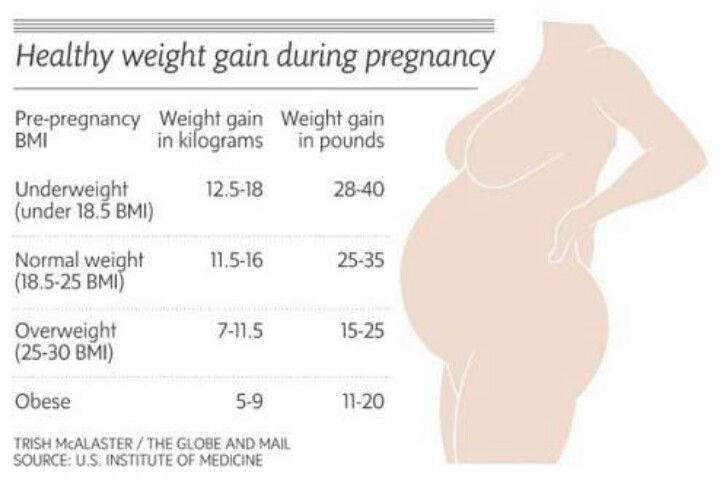
The child grows, takes up more and more space in the woman's body, and it becomes more and more difficult for her to move. Shortness of breath appears, previously normal movements become difficult: bending or climbing stairs.
However, exercise during the third trimester of pregnancy is not a contraindication. On the contrary, walking, swimming, special exercises for pregnant women are useful.
You should rely on your own well-being. Physical education should please, improve mood and not cause severe fatigue.
- Sex life
Sex in the third trimester of pregnancy is not contraindicated. However, sex should be treated with caution, given that not all methods are appropriate at this time.
In addition, at the very late stages of sex can become a stimulation of the onset of labor. Sometimes gynecologists even advise resorting to this method to start the process of childbirth.
Therefore, if a woman is at risk of premature birth, it is advisable to refrain from sexual activity during this period of pregnancy.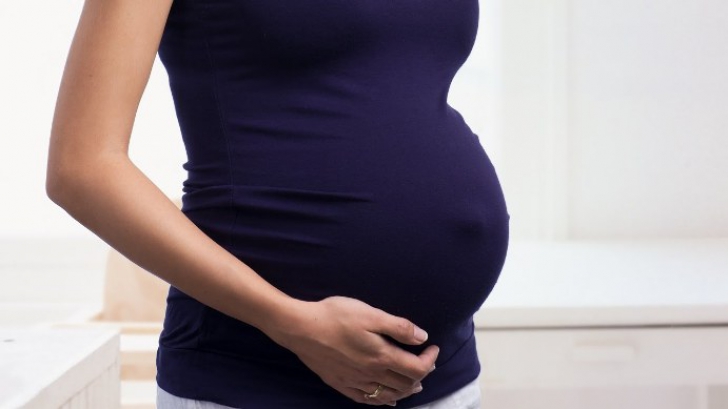
Sexual activity in the third trimester of pregnancy is recommended if desired and sensibly, if there are no complications.
Summing up all of the above, it should be noted that pregnancy is a special crucial period in a woman's life, which imposes a number of restrictions.
Contraindications during pregnancy are caused by the peculiarities of this period and do not prevent you from leading a normal life and enjoying your position.
what foods should not be consumed
Contents:
- What should not be eaten?
- What is possible?
Every time, thinking about what you can and can not do during pregnancy, many women experience real stress.
Is it good for me? Will it harm the child? A selection of prohibitions and indications for expectant mothers will help you find the right answers to the most pressing questions.
Not allowed:
Actively involved in sports
Excessive exercise and heavy lifting may cause fetal hypoxia or preterm labor.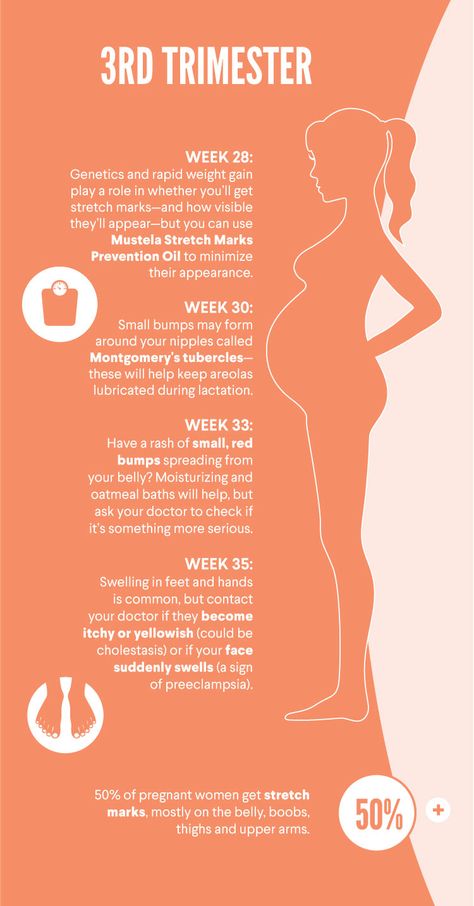 But moderate physical education, on the contrary, increases tone, normalizes metabolism and strengthens muscles. Discuss this issue with your doctor. In most cases, swimming, yoga, Pilates, or special prenatal gymnastics will be an excellent option. During exercise, try not to overexert yourself and measure your pulse every 15 minutes 1 . Morning exercises are also beneficial - simple tilts, sips, head turns will help you wake up and charge you with positive energy for the whole day.
But moderate physical education, on the contrary, increases tone, normalizes metabolism and strengthens muscles. Discuss this issue with your doctor. In most cases, swimming, yoga, Pilates, or special prenatal gymnastics will be an excellent option. During exercise, try not to overexert yourself and measure your pulse every 15 minutes 1 . Morning exercises are also beneficial - simple tilts, sips, head turns will help you wake up and charge you with positive energy for the whole day.
Follow a strict diet
The diet of a pregnant woman is based on the principles of healthy eating , and therefore does not imply a hunger strike. For the proper development of the fetus, the menu should have a complete harmony of proteins, fats, carbohydrates, vitamins and minerals. Daily consumption of lean meat or fish, dairy products (including cottage cheese), vegetable oil in moderation, and more than two liters of fluid is just right 2 . Unauthorized restriction in the use of products of one of these groups means depriving the child of the nutrients that they contain.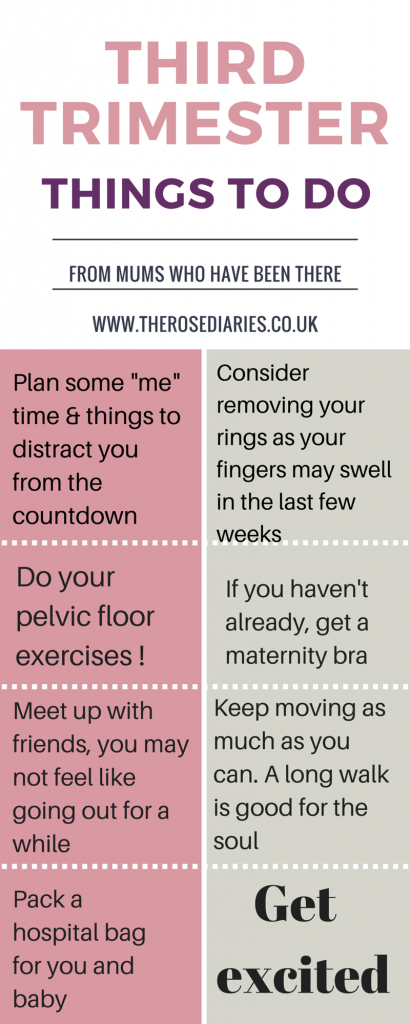 So, if you think it would be a good idea to "cut down your appetites", check with your doctor about how to do it wisely. For example, fasting days, which are usually recommended for swelling, excessive weight, shortness of breath, or abnormalities in the functioning of internal organs, can become an alternative to a diet. The point is to consume no more than 1500 kcal per day, divided into 5-6 meals in small portions 3 . During the "unloading" you also need to drink at least 2 liters of clean water. Be careful, such tests are allowed no more than once a week. The attending gynecologist will help to make a menu especially for you.
So, if you think it would be a good idea to "cut down your appetites", check with your doctor about how to do it wisely. For example, fasting days, which are usually recommended for swelling, excessive weight, shortness of breath, or abnormalities in the functioning of internal organs, can become an alternative to a diet. The point is to consume no more than 1500 kcal per day, divided into 5-6 meals in small portions 3 . During the "unloading" you also need to drink at least 2 liters of clean water. Be careful, such tests are allowed no more than once a week. The attending gynecologist will help to make a menu especially for you.
Even with a balanced diet, the nutrients and vitamins that enter the body with food may not be enough. Even with a balanced diet, nutrients and vitamins that enter the body with food may not be enough.
Overheating
If bathing has long become a good tradition for you, and a hot bath is on the list of your favorite home spa treatments, we hasten to disappoint you: you will have to refrain from these pleasures - temperatures above 39 degrees can be dangerous for an unborn child.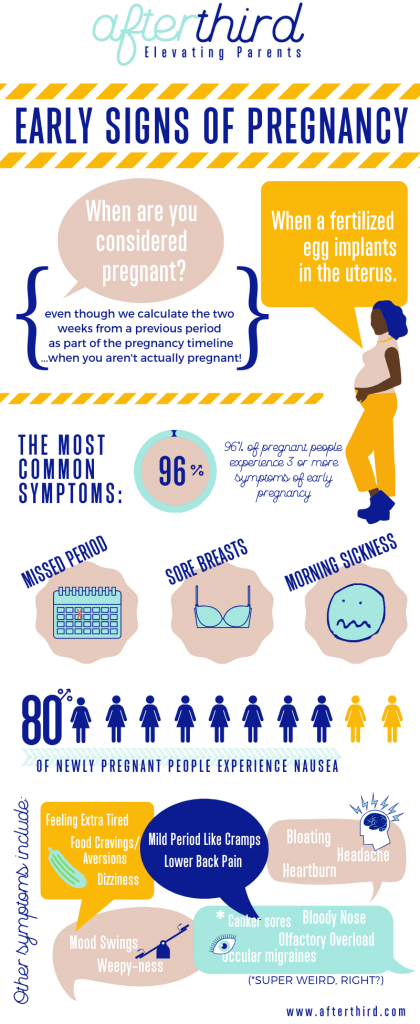
Smoking
In women who smoke, metabolism is disturbed and the risk of estrogen deficiency is increased 4 , and the hormone estrogen is necessary for the normal development of pregnancy. In addition, smoking leads to violations of the permeability of the vascular wall, and hence the placenta during pregnancy, in connection with which the child experiences a lack of oxygen. Unlike cigarettes, tasting low-alcohol drinks from time to time is not forbidden. For example, half a glass of red wine a week is a perfectly acceptable norm. Beer does contain folate, the use of which is desirable during pregnancy. Of course, you should not consider a foamy drink as a source of useful substances, but if you really want to, you and your baby will not suffer from a few sips of the drink.
Take long flights
In the first trimester, your body changes in a new way, including changes in blood clotting. Refrain from air travel during this period, as a result of pressure drops increases the risk of thrombosis. If you still can’t cancel the trip, try to make the flight no more than 4 hours and, after turning off the “fasten seat belts” board, you should at least walk around the cabin a little. Then, until the third trimester, you are allowed to fly without special restrictions, but we advise you to first consult with your doctor if you have any individual restrictions.
If you still can’t cancel the trip, try to make the flight no more than 4 hours and, after turning off the “fasten seat belts” board, you should at least walk around the cabin a little. Then, until the third trimester, you are allowed to fly without special restrictions, but we advise you to first consult with your doctor if you have any individual restrictions.
You can:
Have sex
Semen contains prostaglandins, which are very important at the stage of the entire fertile cycle, since they support the endometrium, so that sex during pregnancy is not only not forbidden, but even encouraged. Some psychologists, in turn, believe that we underestimate the importance of sexual activity during pregnancy, although the contact of mother and father can also be important for the psychological development of the child.
Take multivitamin complexes
The importance of taking vitamins and nutrients during pregnancy cannot be overestimated. Particular attention should be paid to folic acid - this vitamin is involved in the synthesis of proteins, the structure of cell receptors, and the normalization of metabolic processes in the body.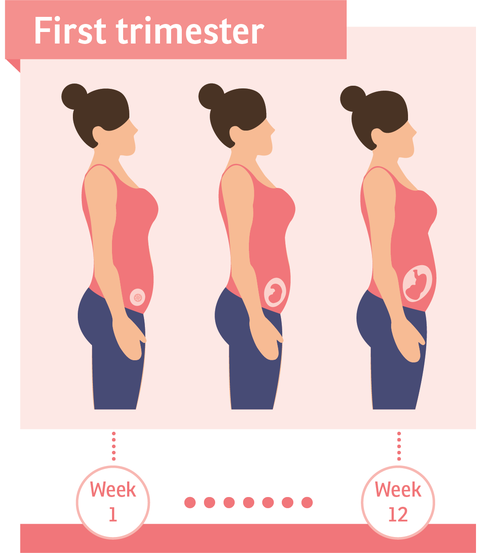
Particular attention should be paid to folic acid - this vitamin is involved in the synthesis of proteins, the structure of cell receptors, the normalization of metabolic processes in the body. Folic acid helps in the synthesis of proteins, the structure of cell receptors, and the normalization of metabolic processes. The lack of an element can lead to various conditions, ranging from defects in the development of cells, organs and systems in the fetus and ending with an increase in oncological risks in an adult.
Treat your teeth
“If you can delay dental care until the second trimester, do it,” advise gynecologists. In the first trimester, the laying of tissues and organs of the fetus occurs, so the mother should be extremely careful - the use of a number of medicines can harm the baby. Also, the first trimester is often characterized by toxicosis, increased salivation, heartburn and other unpleasant symptoms that may interfere with the procedure. It turns out that visits to the dentist are not prohibited, but are allowed only as a last resort 5 .